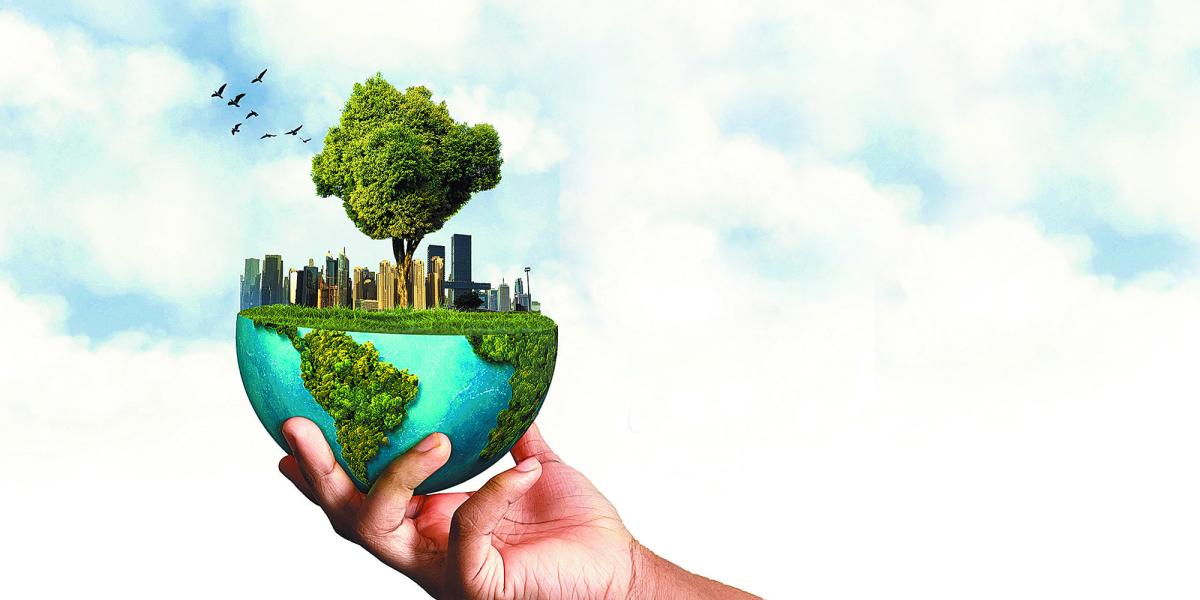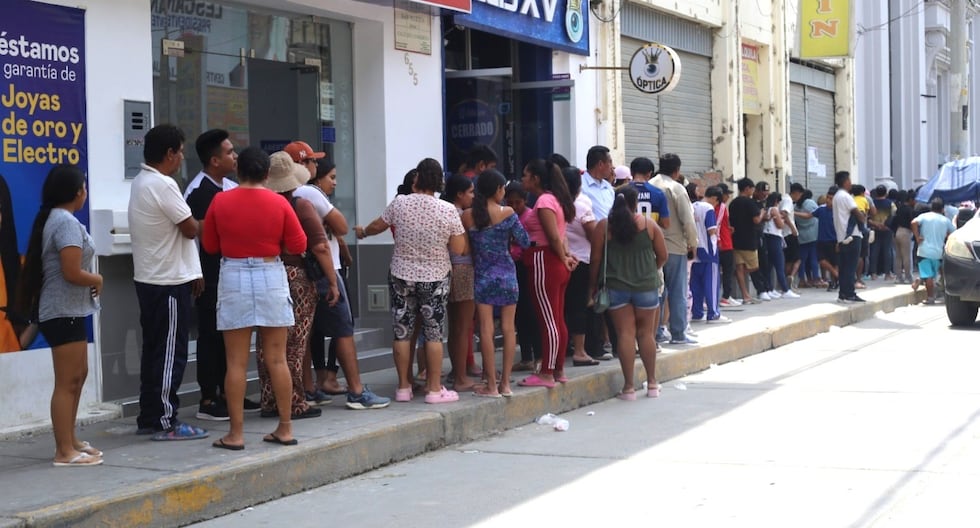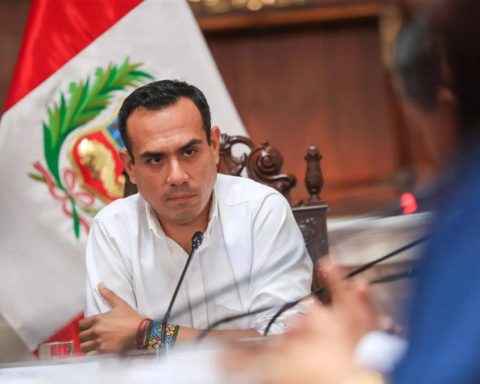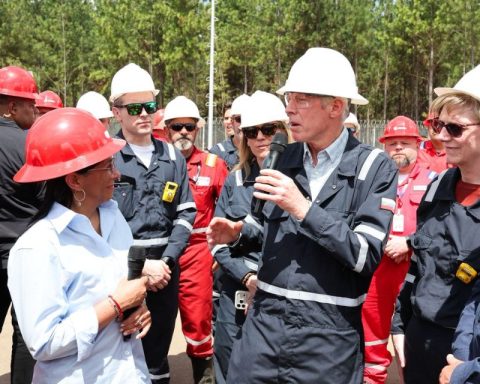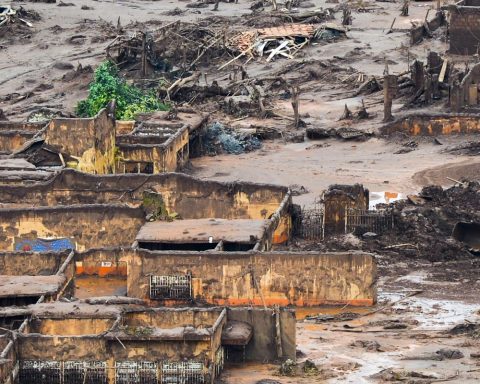BAKU. This year’s United Nations Climate Change Conference (COP29) in Baku is taking place against a complex geopolitical backdrop. In addition to changes in strategic alliances, trade tensions and conflicts, the “election year” has ushered in a period of heated political rhetoric and government changes.
But this should not distract us from the current state of the planet and the real economy. The effects and costs of climate change are increasing. Extreme weather events, from hurricanes in the Caribbean to catastrophic floods in Europe and droughts in the Amazon, are becoming more frequent and intense, increasing the risk of financial instability, especially in the world’s most vulnerable and highly indebted countries.
At the same time, an energy revolution is already underway: the deployment of renewable energy is growing exponentially, and annual investment in clean energy sources already far exceeds that of fossil fuels. Citizens and businesses are also becoming increasingly aware of the need to invest in climate change adaptation. The most recent climate survey by the European Investment Bank Group shows that 95% of Spaniards support measures to strengthen climate action.
Likewise, economic growth is rapidly decoupling from carbon dioxide emissions, due to advances and innovation in clean energy generation and efficiency technologies that help combat climate change and foster competition. The European Union has been a pioneer in this matter, reducing greenhouse gas (GHG) emissions by more than a third since 1990, a period in which its economy grew 68 percent. The International Energy Agency forecasts that renewables will cover almost half of global electricity demand by 2030. Emissions from the EU, the United States and most advanced economies are declining despite growth in their economic output, while in China they may reach a peak this year, much earlier than expected.
After years of warnings and calls to action, there are finally signs that the green transition is underway. The reason is simple: clean energy today is cheaper and more efficient than fossil fuels, largely due to improved battery storage. As a result, what we must do for our planet today is also the smartest thing we can do for our economies. Every dollar invested in climate adaptation and resilience can save between $5 and $7 in the costs of future catastrophes, not to mention the insurmountable human losses.
Most companies are fully aware of this. Around 60% of the more than 12,000 companies across the EU and US surveyed by the EIB Group are investing in the green transition, while 90% have taken steps to reduce GHG emissions. Reducing waste, lowering costs and building resilience makes economic sense.
In the EIB Group, we dedicate more than half of our annual loans, almost €50 billion – almost €50 billion per year – to projects that accelerate the green transition in Europe and beyond. Investing in resilience and adaptation to climate change at the national level protects our infrastructure, our agriculture and our livelihoods, and enables robust and rapid recovery from disasters, such as the floods in Central Europe and Spain.
But for the transition to be successful it has to be quick and fair, ensuring that no one is left behind. Developing countries and low-income households are more vulnerable to the dangers of global warming and the distributional impact of green transition policies, as emerging technologies disrupt traditional industries and established business models. The EIB is therefore increasing its share of green investments outside the EU, by supporting small island states on the frontlines of climate change, financing resilient infrastructure around the world and fostering the global green bond market.
Multilateral development banks have taken the lead on this front, investing a record $125 billion in green projects in 2023, and doubling the amount of private sector finance mobilized compared to 2022. In addition to exceeding our promises, We commit to working together to continue mobilizing climate finance in the years to come. Global cooperation is the only way to promote transformation on a planetary scale. The green transition is underway, in part thanks to our joint efforts. But we must stay the course, and leverage existing international forums and decision-making frameworks to find win-win solutions that strengthen the security, stability and well-being of all countries.
The author
Nadia Calviño is president of the European Investment Bank.
Copyright: Project Syndicate, 2024
